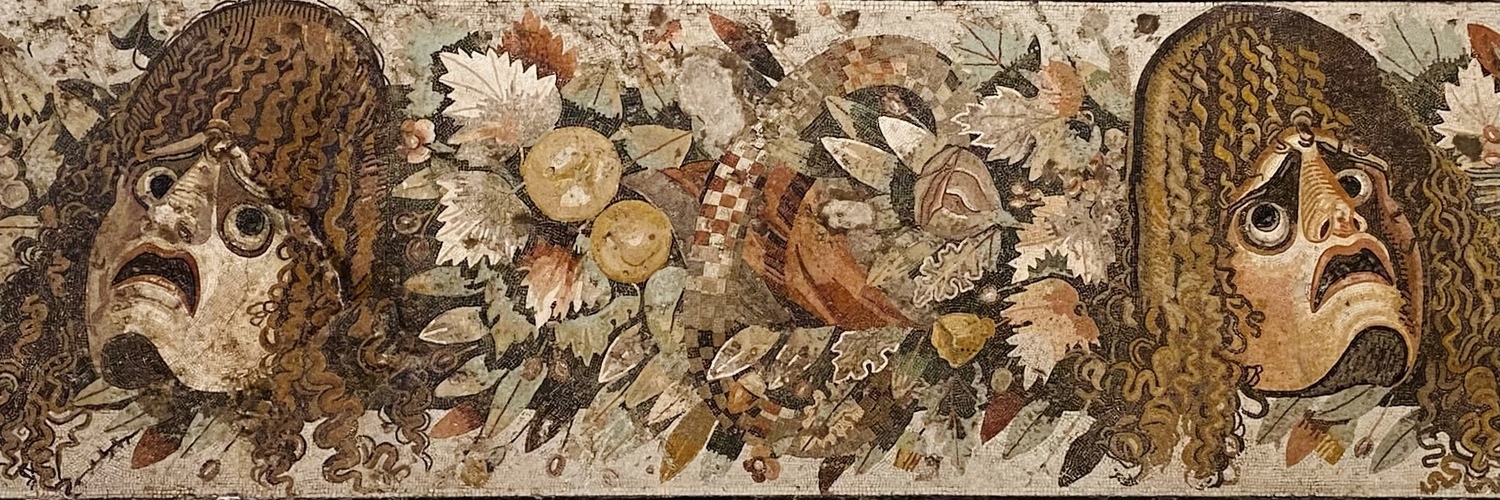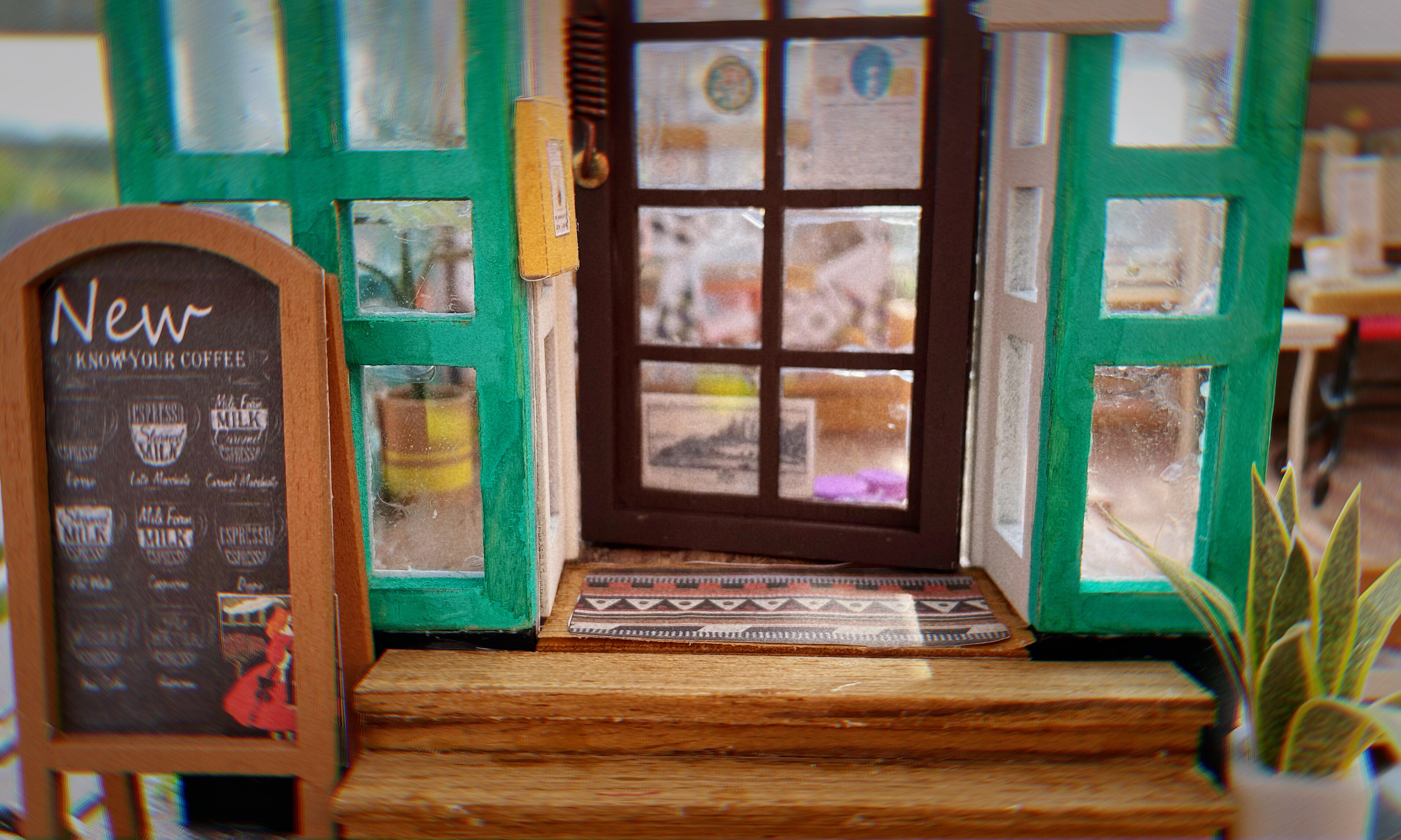
How much science is there on the radio or television talk shows, or on those dreary Sunday morning programmes in which middle-aged white people sit around agreeing with each other?
“in which middle-aged white people sit around agreeing with each other”好好笑![]()
大家画的东西都好有代表性喔,法国的法棍,断头台,Daft Punk,意大利的披萨,咖啡,但丁,德国的腊肠狗,Die Sendung mit der Maus,Brezel,Döner(??
中国文化什么的好像没见人画,我就看到一个…原神??
Bright, curious children are a national and world resource. They need to be cared for, cherished, and encouraged. But mere encouragement isn’t enough. We must also give them the essential tools to think with.
Every now and then, I’m lucky enough to teach a kindergarten or first-grade class. Many of these children are natural-born scientists - although heavy on the wonder side and light on scepticism. They’re curious, intellectually vigorous. Provocative and insightful questions bubble out of them. They exhibit enormous enthusiasm. I’m asked follow-up questions. They’ve never heard of the notion of a ‘dumb question’.
But when I talk to high school seniors, I find something different. They memorize ‘facts’. By and large, though, the joy of discovery, the life behind those facts, has gone out of them. They’ve lost much of the wonder, and gained very little scepticism. They’re worried about asking ‘dumb’ questions; they’re willing to accept inadequate answers; they don’t pose follow-up questions; the room is awash with sidelong glances to judge, second-by-second, the approval of their peers. They come to class with their questions written out on pieces of paper, which they surreptitiously examine, waiting their turn and oblivious of whatever discussion their peers are at this moment engaged in.
An ancient Chinese proverb advises, ‘Better to be too credulous than too sceptical’, but this is from an extremely conservative society in which stability was much more prized than freedom and where the rulers had a powerful vested interest in not being challenged. Most scientists, I believe, would say, ‘Better to be too sceptical than too credulous’.
这是哪句谚语啊![]() 每次在外文书里看见中国谚语我都对不上号,想了想感觉我知道的最接近的是“宁可信其有 不可信其无”?但英文翻译成这样感觉跟作者批判的完全就不是一回事儿了?不知道是不是别的谚语…
每次在外文书里看见中国谚语我都对不上号,想了想感觉我知道的最接近的是“宁可信其有 不可信其无”?但英文翻译成这样感觉跟作者批判的完全就不是一回事儿了?不知道是不是别的谚语…
at the heart of science is an essential balance between two seemingly contradictory attitudes - an openness to new ideas, no matter how bizarre or counterintuitive, and the most ruthlessly sceptical scrutiny of all ideas, old and new.
There are perhaps ten times more astrologers than astronomers in the United States. In France there are more astrologers than Roman Catholic clergy.
![]()
if we offer too much silent assent about mysticism and superstition - even when it seems to be doing a little good - we abet a general climate in which scepticism is considered impolite, science tiresome, and rigorous thinking somehow stuffy and inappropriate. Figuring out a prudent balance takes wisdom.
